Best Warehouse Management Software System will be described in this article. Nearly everything is available online in the contemporary world. We purchase goods from online retailers, pay for them wherever we are, and return them wherever we are if we are unhappy with them. Therefore, this information should be immediately reflected when we buy something and return it.
The need for businesses today stems from this. We will need software that can keep track of all warehouse operations in order to meet this requirement (Dispatching items, tracking the shipment and sometimes taking it to return).
Warehous management System
Warehouse Management Systems (WMS) assist us in overseeing all of these activities. Organizations can improve their competitive edge with the aid of warehouse management systems. WMS use will reduce labour costs, which will enhance customer services.
With a cloud-based WMS, we will have access to real-time data that will display the status of the inventory. If we have access to the internet, we can view it on computers, phones, tablets, etc. Overview of the Warehouse Management System
Best Label Printer for Shipping
Once the material, good, or product enters the warehouse, the warehouse management system begins keeping track of it. WMS will follow the item until it is received by the final customer.
In the event that the customer returns it, WMS will re-start tracking it until it is delivered to a different end-user. Thus, the WMS’s functions include receiving, packing, dispatching, tracking, and updating of goods and their information. The combination of these activities is referred to as a supply chain.
Types of WMS:
- There are three possible types of WMS for 3PL companies.
- Third-party logistics is abbreviated as “3PL.”
- Standalone warehouse management, supply chain execution modules, and integrated ERP are the three categories.
- Some recommendations for things to think about when selecting the WMS are listed below.
- Function: Each WMS performs a different function.
- Some WMS are created for particular kinds of businesses.
- As a result, determine your needs and make a decision.
- Cost: After taking into account the features for your WMS, cost is the second most important factor to consider when selecting a WMS because it involves budget.
- The price of a WMS is determined by its features or complexity.
- Customer Needs: If you are currently using a WMS, you should be aware of its vulnerabilities.
Based on it, you can determine customer needs and select WMS features to provide the best service possible to your clients. From the perspective of the customer, this point also deals with choosing or taking into account WMS functions. Warehouse Size: WMS complexity rises as warehouse size rises because it must support more functions for bigger warehouses.
You will therefore need to choose the functions based on the size of the warehouse. So, from the perspective of the warehouse, this point also deals with selecting functions.
Top 10 Best Warehouse Management Software Systems In 2023
In this article, you can know about Warehouse Management Software here are the details below;
1. Sortly
Sortly is without a doubt the best photo-based, visual warehouse management software for small businesses available. You get a fully customizable system with this software that can track any item or detail about it across different locations. Also check ERP Software
Regardless of the warehouse in which an item is located, Sortly users can add custom fields, receipts, and multiple images to each item to facilitate asset tracking.
The ability to create and print QR labels and barcodes is also available to users. These can be scanned using Sortly’s own QR code scanner from within the company’s mobile app.
Features:
- Use QR labels and barcodes to scan and update products.
- Track stock levels by creating automated alerts.
- Manage access permissions and assign user roles
- Monitor supplies and user activity
- Produce unique CSV and PDF reports.
Pros:
- No technical expertise is necessary; very simple to use.
- Software that is cross-platform and compatible with almost all devices.
- User dashboard that is clear and complete.
- Quickly create customised QR labels and barcodes.
- There is a no cost variation.
Cons:
- Lack of integration
- Unless you choose their custom plan, you will only receive email and help centre support.
- Price: 100 entries are free; 1000 entries cost $25 per month; and unlimited entries cost $59 per month for Advanced and Ultra.
2. NetSuite WMS
Warehouse and manufacturing operations can be streamlined with the aid of NetSuite WMS. Receiving, storing, and shipping goods are just a few of the warehouse’s primary tasks that it aids users in performing.
- NetSuite is an Oracle product.
- The Finest NetSuite Procurement Software
- Characteristics of the tool
- Scanning RF barcodes on the go.
- Definition of a strategy for packing up and putting away.
- Mobile Cycle Counting, Mobile Picking, and Mobile Receiving are the three advantages of this feature.
- Plans for Cycle Counting, Task Management Returns, and Authorization Receipts
Other features include Real-Time Data, Order Management, Barcode Tracking, Billing, Inventory Management, Shipping Management, Workforce and Load Management, Warehouse Map, and Purchasing, among others.
Pros:
- Simple and simple to use, it is.
- A guarantee is given by the business.
- The way to reach us is very obvious.
- It has add-ons from outside sources.
- Cellular warehousing.
- Cons: It is not a successful ERP.
- Some ERP features are offered, but they fall short of expectations.
- For pricing information, get in touch with them.
3. Fishbowl Inventory
David K. Williams founded the software business Fishbowl Inventory, which has its main office in Orem, Utah.
Any organisation, regardless of size, can use this system. Also check Hardware and software installation Services
For QuickBooks, this business offers solutions for inventory and manufacturing management.
Tool Features:
- It offers QuickBooks integration.
- Purchasing order management and sales reporting
- Numerous Places
- Time and Labor Savings with Multi-Currency Shipping:
Pros:
- A free trial is available.
- Any currency may be used to create a sales order or a purchase order.
- Fishbowl sells a variety of plugins.
Cons:
- It only supports the English language.
- It does not support the native e-commerce and shipping modules.
- Installation on-site is not possible.
- Details of the tool cost/plan:
- starts at $4,395 yearly per user.
4. 3PL Warehouse Manager
It is a cloud-based system that 3PL Central offers.
It is capable of intelligent workflow and has a contemporary user interface.
In 2006, John Watkins and Nancy Rohman established 3PL Central.
They had their own warehouse at the time and were running it.
As a result, experts in warehouse management were actually responsible for creating this system.
Tool Features:
- Easily expanded
- Harmonious fusion
- Reliable billing
- Barcode scanning on the go
- Customer management, multiple locations, and multiple warehouses are all centralised.
- Accuracy in the shipments’ scanning, packing, and verification.
- Orders and inventory can be managed whenever and wherever you want.
- Support for integration with EDI providers is offered.
Pros:
- Software upgrades and system expansion are simple.
- It’s simple to use.
- Data can be accessed and managed at any time and from any location.
Cons:
- To operate this system, training is necessary.
- It’s especially difficult to understand the billing section.
- This is for little organizations/warehouses.
5. Softeon
For the supply chain, Softeon offers cutting-edge solutions.
Softeon’s headquarters are in the USA.
A cloud-based system is Softeon Warehouse Management System.
Tool Features:
- A web-native system, it.
- Manages intricate inventory management tasks.
- Architecture that can grow
- Management of orders
- Monitoring productivity
- Management of tasks
- Automated material handling systems with seamless integration.
Pros:
- Excellent customer service is offered by Softeon.
- It has the capacity to handle lots of orders.
- The likelihood that it will need ongoing support has decreased thanks to this system.
- The cost has also been decreased.
Cons:
- The implementation procedures fall short of what was anticipated.
- Billing management features are absent from the programme.
- Mac and Linux operating systems are incompatible with the system.
6. Infor SCM
Agilsys, the previous name of Infor SCM, had 1300 users when it was first introduced in 2002.
Infor SCM makes an effort to address issues specific to your industry.
A multinational corporation, Infor is headquartered in the US city of New York.
Tool Features:
This product offers a wide range of features tailored specifically for warehouses, including basic and advanced warehouse capabilities, 3D visualisation in WMS, transportation execution, labour planning, inventory management, space utilisation, etc.
- It can control transportation with multiple stops, specifically.
- Objects or goods in transit can also be watched over.
- It offers the capability of central shipment tracking.
It supports early payment, financing prior to and following exporting, third party fund programmes, and performance-based financing when it comes to financial features.
In addition to these, it offers numerous additional features for supply chain planning, sales & operations planning, supply chain visibility, etc.
Pros:
- It supports functions specific to the industry.
- It provides aid in the purchasing process.
Cons:
- It does not offer graphical reports and you cannot export reports.
- Document management is not possible.
- Due to the lack of material requirements planning and automatic stock-out report functionality, its inventory management feature cannot be that robust.
7. HighJump
According to the demands of the market, Highjump offers solutions for warehouse management.
They guarantee that their solutions are mobile-compatible and future-proof. This is another Warehouse Management Software.
Tool Features:
- The system is based in the cloud.
- Multi-client activities are supported via yard management.
- ERP Integrations for Labor Management Omni-Channel Fulfillment
- Functionality for picking orders
Pros:
- It is a reliable system.
- According to consumer feedback and market demands, the company improves its products.
Cons:
- The ability to report is not present.
- No capacity for processing cards.
8. Manhattan Associates
With its corporate headquarters in Atlanta, Georgia, the US, Manhattan Associates was established in 1990.
More than 1200 people use its services, and it has received numerous awards for its products. This is another Warehouse Management Software.
Tool Features:
- Integration of material handling machinery.
- Support is offered for portable, mobile devices.
- Schedule an appointment safeguards
- Arrival and departure.
- Dock
- Controlling Doors
- Management of the yard
- Management of the workforce
- Cross-docking
- Vendor performance and quality audit
Pros:
- As it supports handheld devices and material handling equipment, information can be captured automatically.
- It offers more security choices.
- Cons: If you want customization, it will cost a lot of money.
- Details on the tool cost and plan should be obtained by contacting the business.
9. TECSYS WMS
TECSYS was founded in 1983 with its headquarters in Montreal, Canada.
It has better than 600 customers. This is another Warehouse Management Software.
TECSYS WMS has got the Technology Innovation Leadership Award.
It is a cloud-based system and this system is best for medium and large organisations.
Tool Features:
- This system provides multiple pick methods like the wave, zone, cluster, etc.
- Dock and cross-dock management.
- Dynamic slotting\sServices –
- Special production, kitting & custom labelling, expiry date, lot tracking, and serial numbering.
- It provides advanced functionalities for packing, shipping, picking, and many more services.
- Transportation Management.
Pros:
- The system is robust and scalable.
- It provides a customizable workflow.
- The system can be integrated with various CRM and ERP systems\sCons:
- There is no facility for processing payments.
- Lack of a feature to track analytics and the supply chain.
- There is no multi-location support.
- Details of the tool cost/plan:
10. Astro WMS
Consafe Logistics developed Astro WMS.
This European company creates warehousing solutions.
It serves their solutions for all industries and is appropriate for businesses of any size.
Tool Features:
- Supports ERP system integration
- The functionality can be plugged in to meet your needs.
- The four functionalities listed below can be added to your system:
- Voice Selection
- Instantaneous overview
- Resource allocation
- Professionals in Yard Maintenance:
- Details of the Flexible Scalable Future-Proof Accurate Tool Cost/Plan:
- For price details, get in touch with the business.
- The official Astro WMS website
Conclusion
We can claim that Oracle’s NetSuite WMS provides all the necessary capabilities, including wireless warehousing, with a guarantee as we wrap up this essay on Warehouse Management Software Systems.
The best choice is Manhattan Associates if security is a concern.
TECSYS WMS will work best if you wish to customise your workflow.
The ideal choice if you want to add any particular capability to your system is Astro WMS.

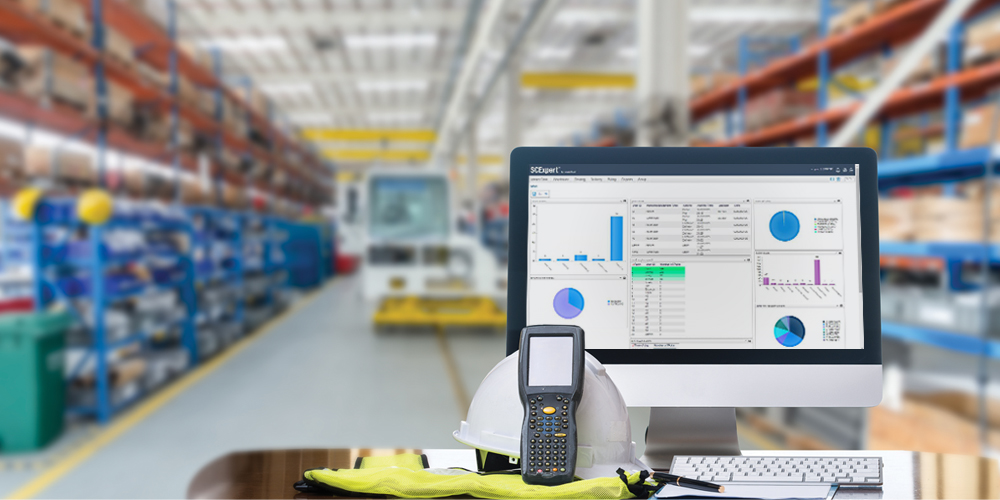

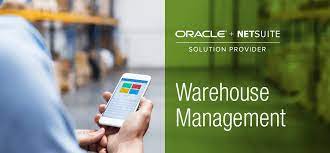

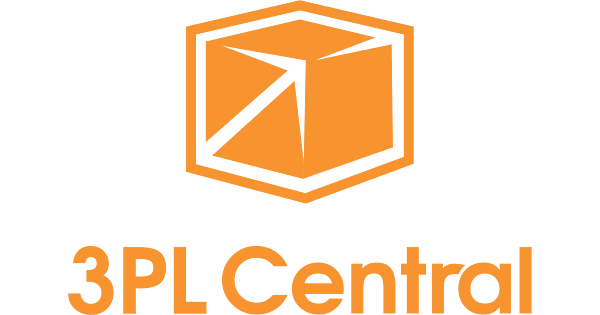
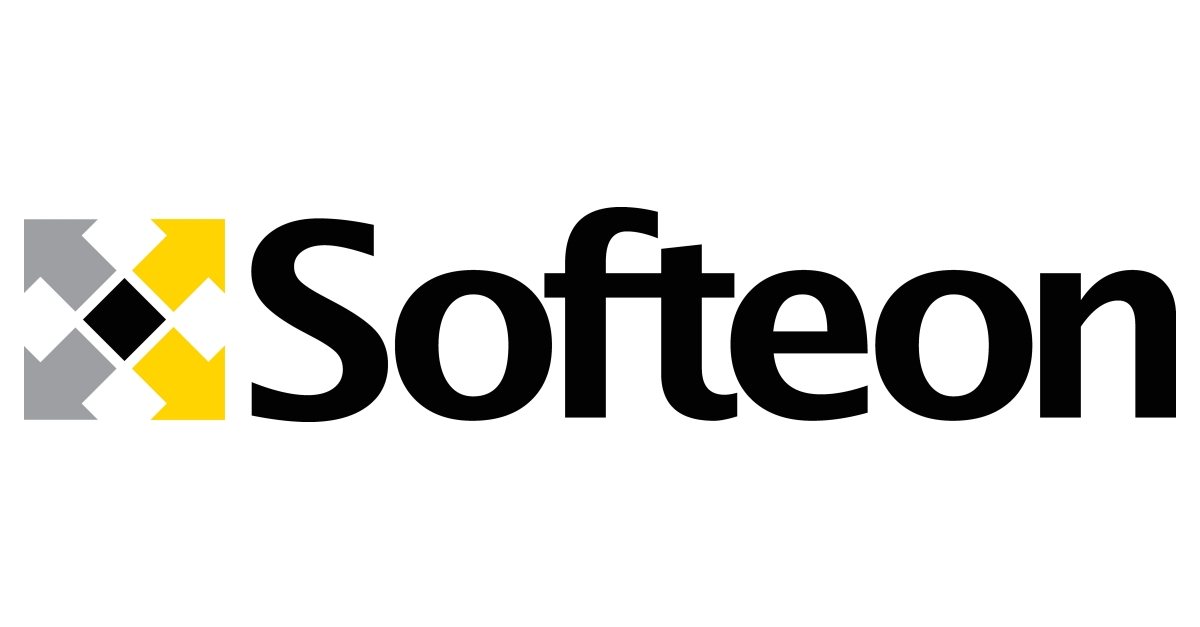
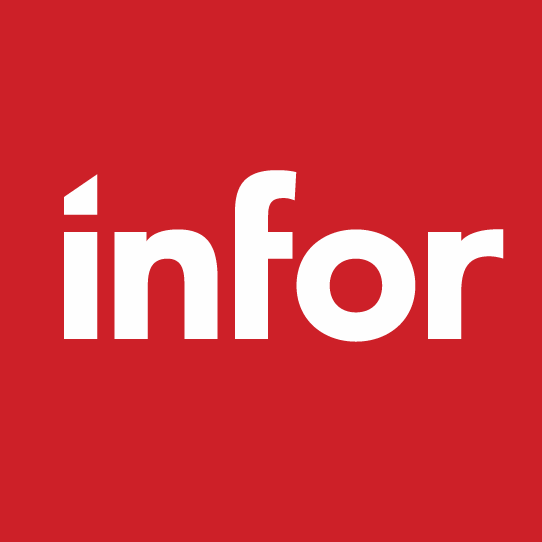
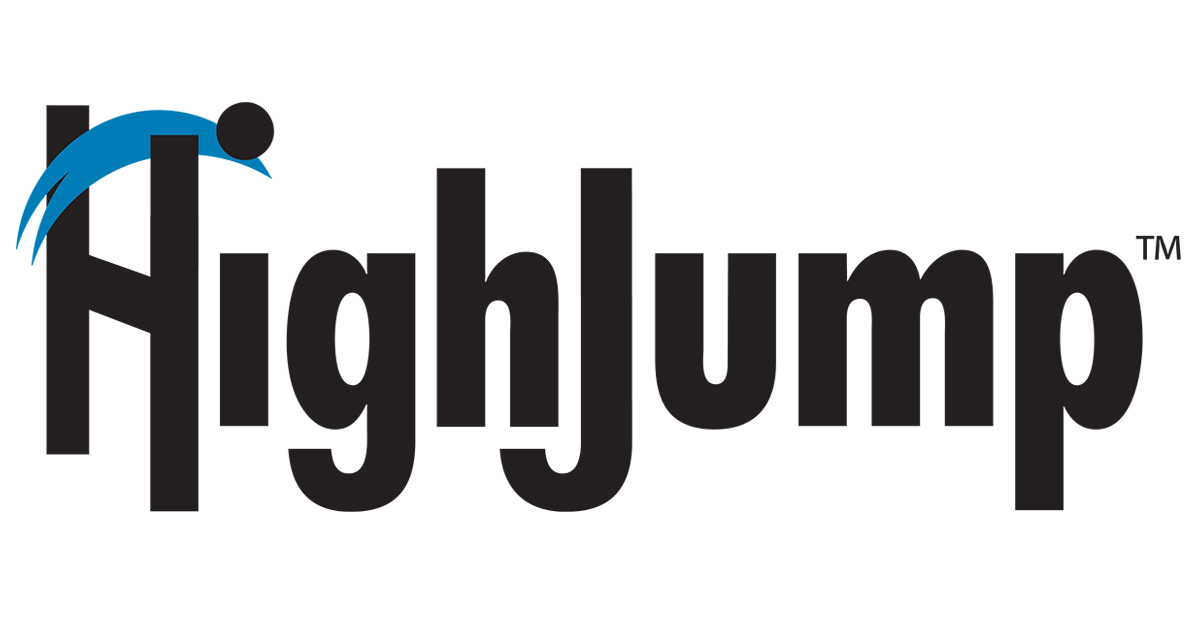

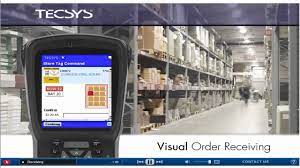
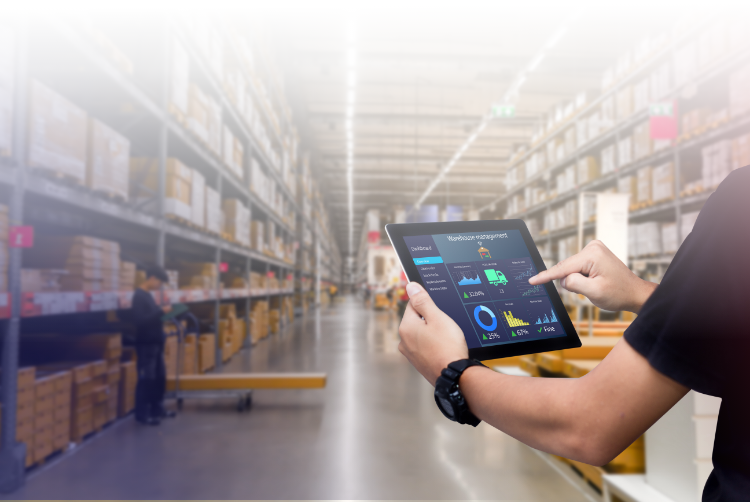



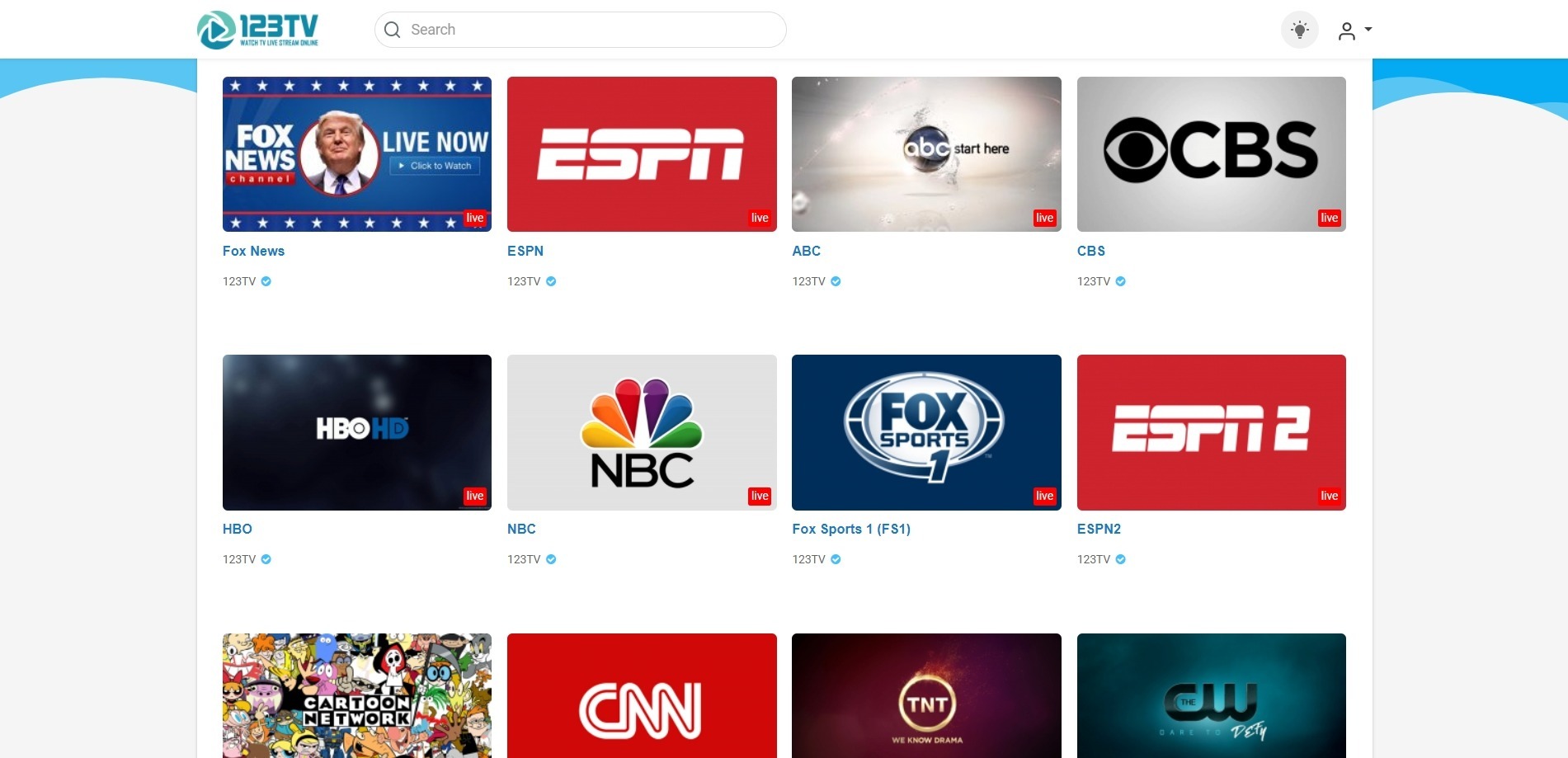


Add Comment